Diagnosing What Ails Your Business
When you’re sick, you visit a doctor. What do you do when your business is struggling? IA Business Advisors is your business doctor, proficient in discovering the root cause of issues facing your company and then prescribing solutions that work.
Strategic Business Advisors: Tailored Business Solutions for Your Unique Success
IA Business Advisors recognize that there are no cookie-cutter formulas when developing the right prescription for your business. We begin with our BizVision™ process to provide us with an understanding of your business so we can recommend and implement holistic solutions. This process allows us to work closely with your team to create S.M.A.R.T., out-of-the-box solutions designed specifically for your company and goals.
Our Approach
Implementing Strategic Ideas Through People, Process, and Technology
IA Business Advisors puts people first. That is why we are effective at integrating solutions to solve complex business problems. Through our proprietary BizVision™ methodology, we take a holistic approach to identifying gaps in an organization's people, process, and technology. This approach provides a lens through which we see our clients and teach them to see themselves and then work with a clear Business Vision going forward.
Business Areas We Can Improve
Our approach to creating a unique strategy for your business starts with understanding your people, processes, and technology. With over 26 years developing strategy for clients around the world, we have been immersed in several industries serving a wide base of stakeholders, making us the primary business partner to build and support business strategy for your business goals.
Without proper financial understanding, your business will struggle to both maintain and grow. Through our BizVision™ S.M.A.R.T. Management™ System: We can help with financial strategy, tactical accounting, bookkeeping, choosing and implementing ERP/Accounting systems, and much more.
To keep your business viable, you need a S.M.A.R.T. strategic plan with processes and procedures supporting your tactics to implement your strategy for realizing your future. You also need an effective people environment supported by process and technology. Our BizVision™ S.M.A.R.T. Management™ System helps with this and much more.
Human Development
(Coaching | Training | Culture)
We provide (I)individualized human development that focuses on individual people and Individual Teams. We can support your tactical workforce, management, and leadership with a wide range of options designed to enhance your overall business culture, and we do this all within our BizVision™ S.M.A.R.T. Management™ System.
What Our Clients Say

Slide title
Gregg-Brooke Koleno, my IA Advisor, exemplifies excellence in all things regarding business. She increased my effectiveness by instructing me to create an open task list so that I can keep track of all the mini projects that need completion as I work to accomplish important milestones. Gregg has taught me business lessons that are life lessons as well; for example, to create S.M.A.R.T. goals for any important endeavor, whether personal or professional, by asking the question, "What's our next step?" whenever I need someone to follow through on a decision. Priceless!
As a testimony to Gregg-Brooke's diligence, she peer reviewed my 22 modules for a training guide for veterans and individuals in re-entry who desire to start their own business, wrote helpful, guiding notes on each module, and enlisted Brian for insight for the best arrangement of the courses. She is superb!
I love her!
– Rosie Tooley, Director, Lazarus Educational Services Inc
Button
Slide title
The IA Business Advisors’ "BizVision" process was helpful in pinpointing and calling out weak and blind spots; I did not know I had true bottlenecks. Every entrepreneur and business owner’s greatest assets are the skills and knowledge they bring to their business...but what if you don’t know what you don't know? This is where IA shines. They have such a detailed process to find a business' weak points that in implementing just 3 of their top recommendations, a positive snowball effect has begun to grow the business to our highest-earning months ever! Thank you, Gregg-Brooke and the IA team!
– Dan Spencer, CEO, Best Music Coach
Button
Slide title
Thank you for the awesome job you did on our website. The overall design and functionality far exceed our expectations. The dedication, constant engagement, and responsiveness that you and your team put throughout the entire process made it easy for us. You really went above and beyond.
– Carlos Soares, President/Founder, Restaurant Accessories Store by CJ's
Button
Slide title
IA has been a great fit for our much-needed assistance and teaching in the area of growth and development for our business.
Having a small, family-owned business becomes difficult when you’re trying to grow the business so that you're able to work on the business and not in the business.
We were afraid that the quality of our work would decrease if we weren't in the field any longer; IA helped us to understand the importance of processes and procedures.
Now, with that knowledge and understanding, we have a large base to work with and we are able to set goals to see ourselves growing with things in place that will give us exactly what we want.
Brian and Gregg are very hands-on and are great at what they do.
– Clarence and Erica, Owners, 1st State Hood & Duct
Button
Slide title
As co-founder and CEO of Hx Innovations, a biotech startup, we understand the risks involved in launching a new business. We used the expertise of IA Business Advisors to help us mitigate this risk with a thorough and customized BizVision report. This process analyzed our business plan, strategies, and processes, identified issues, and assessed our long-term viability. Not only did the results and recommendations from our BizVision report give us a road map of what we needed to focus on, it provided us, our investors, and our partners with additional confidence and validation of our ability to grow and scale.
– Nicole Homer, MBA, Co-Founder and CEO, HX Innovations
Button
Slide title
The support, guidance, and mentorship that IA Business Advisors provided allowed us to double the size of our company within nine months after completing our BizVision review report. Their strategic process helped us to identify both strengths and weaknesses in our business, our personal skills, and our relationships with our customers and investors. Most importantly, Gregg, Brian, and their entire team had a personalized yet individual approach that created an open and safe environment for us to be honest with ourselves, and their team, with the intent of improving it all. We used what we found in this vulnerable yet safe space to create the proper systems and processes as a strong foundation which in turn allowed us to double our size and house twice as many homeless families in 2022 alone.
– Joel Amin Jr., CEO & Co-Founder, Wilminvest
– Bryce Fender, President & Co-Founder, Wilminvest
Button
Slide title
I was introduced to Gregg and the IA Business Advisors team through an organization that was helping me with my business; at first, I wasn’t sure what all I was going to get out of it, but at the end I received more than I bargained for. Gregg was fully committed to getting to know me and my business. She not only gave me feedback about all areas, good and bad, about my business, she also gave me great suggestions on how to make me better. This evaluation has now become my business check-off list to what I know will be an exceptional business venture. Thank you, IA, so much!
– Chef Beatrice Smith, Chef/Owner, Bea Delightful
Button
Slide title
Working with IA Business Advisors was truly a life-changing experience for me. Gregg and her team really helped me to get clear on what my vision is for my business and what I had to do to bring it to fruition. The literal steps I needed to take, the conversations that I needed to have, and who I needed to build relationships with provided me with the foundation that those relationships needed to be built on. I felt heard, understood, elevated, and supported through the process. I would definitely recommend IA to anyone who needs to be advised in business.
– Antinette Watson, CEO, The Stand
Button
What Our Clients Say

Slide title
Gregg-Brooke Koleno, my IA Advisor, exemplifies excellence in all things regarding business. She increased my effectiveness by instructing me to create an open task list so that I can keep track of all the mini projects that need completion as I work to accomplish important milestones. Gregg has taught me business lessons that are life lessons as well; for example, to create S.M.A.R.T. goals for any important endeavor, whether personal or professional, by asking the question, "What's our next step?" whenever I need someone to follow through on a decision. Priceless!
As a testimony to Gregg-Brooke's diligence, she peer reviewed my 22 modules for a training guide for veterans and individuals in re-entry who desire to start their own business, wrote helpful, guiding notes on each module, and enlisted Brian for insight for the best arrangement of the courses. She is superb!
I love her!
– Rosie Tooley, Director, Lazarus Educational Services Inc
Button
Slide title
The IA Business Advisors’ "BizVision" process was helpful in pinpointing and calling out weak and blind spots; I did not know I had true bottlenecks. Every entrepreneur and business owner’s greatest assets are the skills and knowledge they bring to their business...but what if you don’t know what you don't know? This is where IA shines. They have such a detailed process to find a business' weak points that in implementing just 3 of their top recommendations, a positive snowball effect has begun to grow the business to our highest-earning months ever! Thank you, Gregg-Brooke and the IA team!
– Dan Spencer, CEO, Best Music Coach
Button
Slide title
Thank you for the awesome job you did on our website. The overall design and functionality far exceed our expectations. The dedication, constant engagement, and responsiveness that you and your team put throughout the entire process made it easy for us. You really went above and beyond.
– Carlos Soares, President/Founder, Restaurant Accessories Store by CJ's
Button
Slide title
IA has been a great fit for our much-needed assistance and teaching in the area of growth and development for our business.
Having a small, family-owned business becomes difficult when you’re trying to grow the business so that you're able to work on the business and not in the business.
We were afraid that the quality of our work would decrease if we weren't in the field any longer; IA helped us to understand the importance of processes and procedures.
Now, with that knowledge and understanding, we have a large base to work with and we are able to set goals to see ourselves growing with things in place that will give us exactly what we want.
Brian and Gregg are very hands-on and are great at what they do.
– Clarence and Erica, Owners, 1st State Hood & Duct
Button
Slide title
As co-founder and CEO of Hx Innovations, a biotech startup, we understand the risks involved in launching a new business. We used the expertise of IA Business Advisors to help us mitigate this risk with a thorough and customized BizVision report. This process analyzed our business plan, strategies, and processes, identified issues, and assessed our long-term viability. Not only did the results and recommendations from our BizVision report give us a road map of what we needed to focus on, it provided us, our investors, and our partners with additional confidence and validation of our ability to grow and scale.
– Nicole Homer, MBA, Co-Founder and CEO, HX Innovations
Button
Slide title
The support, guidance, and mentorship that IA Business Advisors provided allowed us to double the size of our company within nine months after completing our BizVision review report. Their strategic process helped us to identify both strengths and weaknesses in our business, our personal skills, and our relationships with our customers and investors. Most importantly, Gregg, Brian, and their entire team had a personalized yet individual approach that created an open and safe environment for us to be honest with ourselves, and their team, with the intent of improving it all. We used what we found in this vulnerable yet safe space to create the proper systems and processes as a strong foundation which in turn allowed us to double our size and house twice as many homeless families in 2022 alone.
– Joel Amin Jr., CEO & Co-Founder, Wilminvest
– Bryce Fender, President & Co-Founder, Wilminvest
Button
Slide title
I was introduced to Gregg and the IA Business Advisors team through an organization that was helping me with my business; at first, I wasn’t sure what all I was going to get out of it, but at the end I received more than I bargained for. Gregg was fully committed to getting to know me and my business. She not only gave me feedback about all areas, good and bad, about my business, she also gave me great suggestions on how to make me better. This evaluation has now become my business check-off list to what I know will be an exceptional business venture. Thank you, IA, so much!
– Chef Beatrice Smith, Chef/Owner, Bea Delightful
Button
Slide title
Working with IA Business Advisors was truly a life-changing experience for me. Gregg and her team really helped me to get clear on what my vision is for my business and what I had to do to bring it to fruition. The literal steps I needed to take, the conversations that I needed to have, and who I needed to build relationships with provided me with the foundation that those relationships needed to be built on. I felt heard, understood, elevated, and supported through the process. I would definitely recommend IA to anyone who needs to be advised in business.
– Antinette Watson, CEO, The Stand
Button
Get Your Business Prescription
When you are ready to have a clear view ( BizVision™) of your company and tackle any business issues hurting your potential viability, contact your business doctor, IA Business Advisors.

Sign Up for Exclusive Information & Positive Influence
Stay up to date on all things people, process, and technology from your favorite business doctor, IA Business Advisors.
Contact Us
We will get back to you as soon as possible.
Please try again later.
Phone: 800.660.6238 | Email: support@iabusinessadvisors.com | Address: 1501 Commerce Drive Elgin, IL 60123
